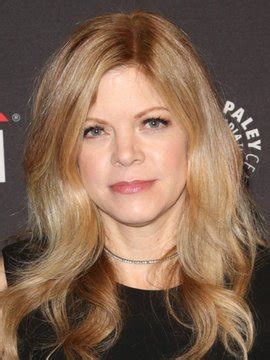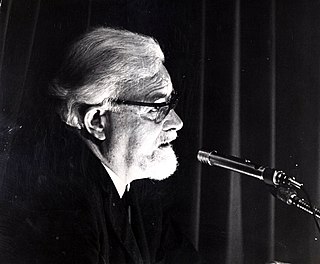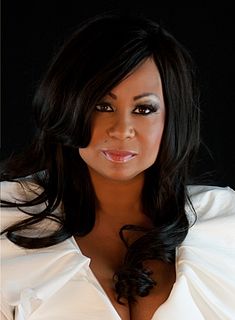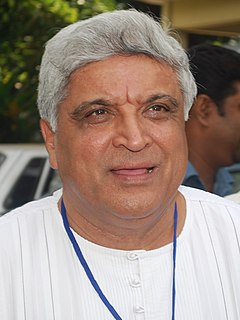A Quote by Jimmy Carter
I've been writing poems since I was in the Navy - to Rosalynn. I found I could say things in poems that I never could in prose. Deeper, more personal things. I could write a poem about my mother that I could never tell my mother. Or feelings about being on a submarine that I would have been too embarrassed to share with fellow submariners.
Related Quotes
He believed that he must, that he could and would recover the good things, the happy things, the easy tranquil things of life. He had made mistakes, but he could overlook these. He had been a fool, but that could be forgiven. The time wasted--must be relinquished. What else could one do about it? Things were too complex, but they might be reduced to simplicity again. Recovery was possible.
For years following the death of my mother, I wanted to write about her. I started writing what I thought of as personal essays about growing up as her child, but I never could finish any of them. I think I was too close to that loss, and too eager to try and resolve things, to make her death make sense.
Keats's odes are among my favorite poems ever. As are Neruda's. So yes, I think my poems are odes, though I really just see those titles as ways of more or less orienting the poem. I've never thought about this until now, but I guess you could say that one effect of all the titles, their pervasiveness in the book, might be to once again, as so many other things do, put into question the meaning of the word "for," which I suppose is one of the great human questions: what is all this for? Why, and for whom, are we doing whatever we are doing?
He was not such a special person. He loved to read very much, and also to write. He was a poet, and he exhibited me many of his poems. I remember many of them. They were silly, you could say, and about love. He was always in his room writing those things, and never with people. I used to tell him, What good is all that love doing on paper? I said, Let love write on you for a little. But he was so stubborn. Or perhaps he was only timid.
Life is such unutterable hell, solely because it is sometimes beautiful. If we could only be miserable all the time, if there could be no such things as love or beauty or faith or hope, if I could be absolutely certain that my love would never be returned: how much more simple life would be. One could plod through the Siberian salt mines of existence without being bothered about happiness.
How could you have guessed?” Miserable though Will was, he felt free, as if a heavy burden had been displaced from him. “I did all I could to hide and deny it. You—you never hid your feelings. Looking back, it was clear and plain, and yet I never saw it. I was astonished when Tessa told me that you were engaged. You’ve always been the source in my life of such good things, James. I never thought you would be the source of pain, and so, wrongly, I never thought of your feelings at all. And that is why I was so blind.
...fact was she knew more about them than she knew about herself, having never had the map to discover what she was like. Could she sing? (Was it nice to hear when she did?) Was she pretty? Was she a good friend? Could she have been a loving mother? A faithful wife? Have I got a sister and does she favor me? If my mother knew me would she like me? (140)
I wrote poetry from the time I could write. That was the only way I could begin to express who I was but the poems didn't make sense to my teachers. They didn't rhyme. They were about the wind sounds, the planets' motions, never about who I was or how I felt. I didn't think I felt anything. I was this mind more than a body or a heart. My mind photographing the stars, hearing the wind.
When I'm on stage, I'm not me playing me. I'm somebody else doing me. I could never go on stage and be like, "Hey, I'm Mike Tyson. My mother and father was in the sex industry." That's the politically correct way to say it, but I would really say, "My mother and father were pimps and whores. This is my life." I could never do that as Mike Tyson. Because I'd feel sorry for myself. But if I could be objective about it and be somebody else, portraying Mike Tyson, saying this story, then it's easy sailing.
A work can do many things at once, and it doesn't have to be just about the world, it could also be about photography, it could be about perception, it could be an exploration of the medium. It could be a document, it could be a visual poetry, and it could be a formal exploration all at the same time.
I know that one of the things that I really did to push myself was to write more formal poems, so I could feel like I was more of a master of language than I had been before. That was challenging and gratifying in so many ways. Then with these new poems, I've gone back to free verse, because it would be easy to paint myself into a corner with form. I saw myself becoming more opaque with the formal poems than I wanted to be. It took me a long time to work back into free verse again. That was a challenge in itself. You're always having to push yourself.



































